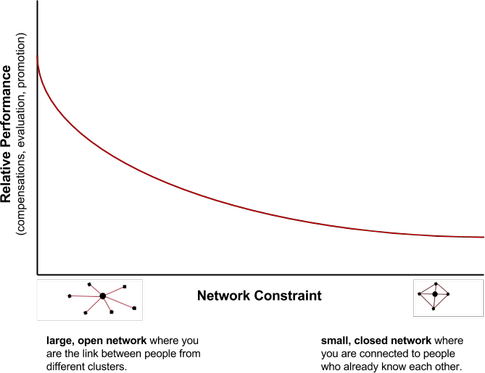It’s odd, In recent days, as I winged around Europe speaking to wildly diverse audiences, a surprising number of people (of all ages) came up to say thank you for books and reports of ours that they had read, from The Green Consumer Guide to Cannibals With Forks and The Zeronauts. One or more of these, they would say, at some point had had a significant impact on their thinking.
And that turned up the heat under a question that had been nagging me for quite some time. Stripped to its essence, it is this: When it comes to indicators of success, do I most want to be right – or to be effective?
Having written my first report on climate change way back in 1978, a publication commissioned by the European end of Herman Kahn’s Hudson Institute, I was certainly early into the field. And climate change warnings and solutions featured in pretty much all my 19 books to date. (The one I would have to check was The Poisoned Womb, on reproductive toxicology, though I suspect it popped up even there.) I have also spoken about the challenge – and linked opportunities – in well over 1,000 speeches over the years.
But through all of this the climate situation has got progressively worse, and some scientists now argue that it’s on a bad exponential trend – where the pace and scale of change is already moving well ahead of our capacity to act.
So you might say that, as a global movement, we have been fairly effective in getting growing numbers of people to be aware of the issues, but singularly poor at getting effective and timely political action.
All of this was given a further spin this morning when I woke up to an email from Canada, offering a link to a father-and-son video celebration of climate change ‘superheroes’ in the worlds of science, politics, economics, business and so on.
A charming idea – and a surprisingly moving “belated Thanksgiving.” Interestingly, Sir David Attenborough is on the list, too. And I recall an early conversation with him, at a WWF lunch, probably in the 1980s, when he was still pretty skeptical about climate change. But he too eventually saw the light (or the tunnel) – and has since had a hugely helpful impact in this area.
But change is in the wind. As I travelled these last couple of weeks, I had wonderfully welcome opportunities to talk to long-standing friends – among them Alex Barkawi of the Council on Economic Priorities, Jørgen Randers of The Limits to Growth, BI and 2052, and Peter Zollinger of Globalance. Mercifully, all of them saw roles for me well into the next decade, and they even had specific suggestions.
Just yesterday I was reading Steve Jobs’ line that one of the best predictors of long-term success is sheer stamina. Well, feedback along the lines of that given this morning by Peter G. Watkins of DrivenTV and his son Spencer is surprisingly helpful in that department – and I warmly than them.
Then, later, when Googling for Jobs’ exact words, I came across this blog by Michael Simmons. And deep in its heart there was this diagram, based on the work of network scientist Ron Burt:

My reading of it is that the more you can bridge between different networks and clusters, the greater the impact you can have. So perhaps this analysis underscores the ‘superpower’ I should be working to develop.
That of cross-pollinating between different clusters, different networks, different worlds and, in a way, different futures.
And all of that leads me to conclude that my job title, which we had been talking about changing, should be ‘Chief Pollinator’. (Not Chief in the world, but in our corner of it.) It would bring a nicely symbolic theory of change with it, and tie in well with our Volans branding, linking back to the Latin for flight and flying things. Something to ponder as we head off to Kew Gardens to walk around in a dense autumnal fog.


Leave a Reply